Galactic Archaeology Lab @ UT
Group Members
The Galactic Archaeology Lab @ UT is accepting new Graduate/PhD students during the 2023-24 cycle.
To learn more about the exciting science our group works on review the Research page .
Group Leader
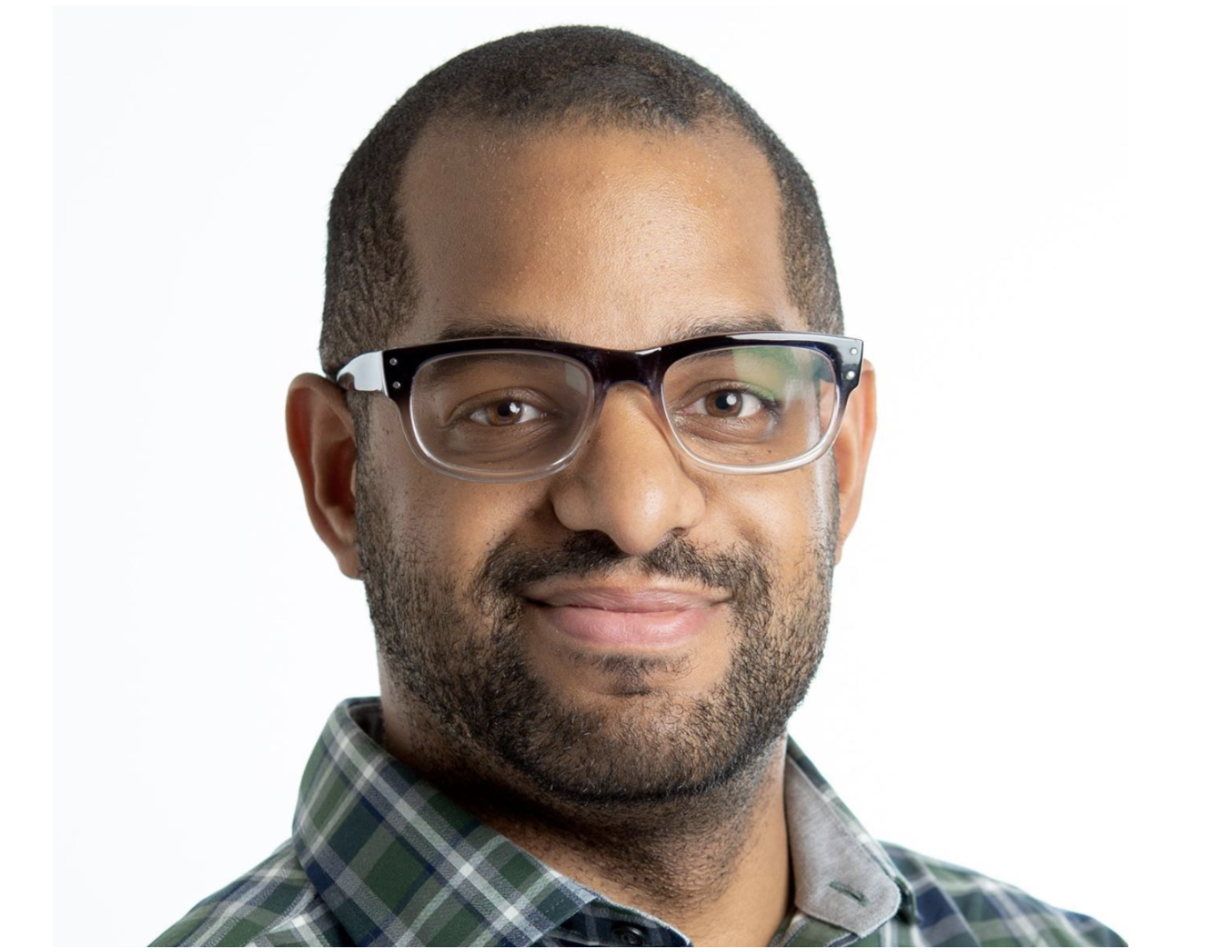
Prof. Keith Hawkins
Group Leader
Keith Hawkins is an assistant Professor of Astronomy at the University of Texas at Austin . He leads the Galactic Archaeology Lab @ UT. The research group focuses on the nature of the Milky Way Galaxy including its structure, dynamics, formation, evolution, and chemical makeup. He is also a memeber/CoI of the newly created Wootten Center for Astrophysical Plasma Properties (CAPP) at UT Austin . Feel free to read more on our groups research page about the work we do and some of the work I have done in the past.
Graduate Students

Catherine Manea
PhD Student (Year 5)
Catherine Manea is a rising fifth year graduate student studying the validity of ‘strong chemical tagging,’ the technique of using chemical information alone to trace stars back to their birth clusters. She has a particular interest in the s- and r-process neutron-capture elements observed in the spectra of stars and planetary nebulae. Before coming to UT, Catherine received her B.S. in Physics from UC Santa Cruz.
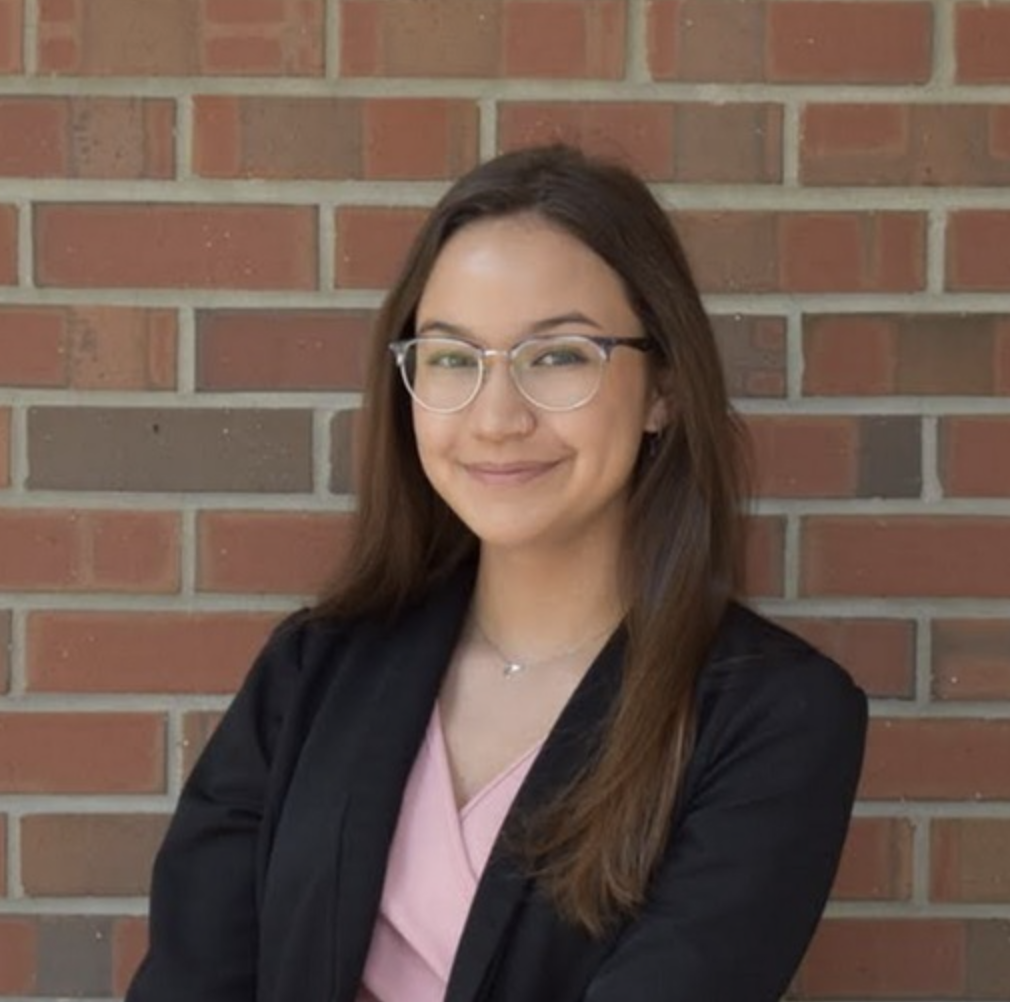
Zoe Hackshaw
PhD Student (Year 2)
Zoe Hackshaw is a rising second year graduate student chemically mapping azimuthal variations in the Galactic disk. She will further investigate the origins of the Milky Way using the stars that have been incidentally collected throughout the Hobby-Eberly Telescope Dark Energy Experiment (HETDEX). Zoe is excited to continue using the chemistry of stars to piece together the history of the Galaxy, an endeavor that she started when she received her B.S. in Astrophysics from the University of Florida.
Undergrad Members
Former Group Members
Former Postdoc Fellows
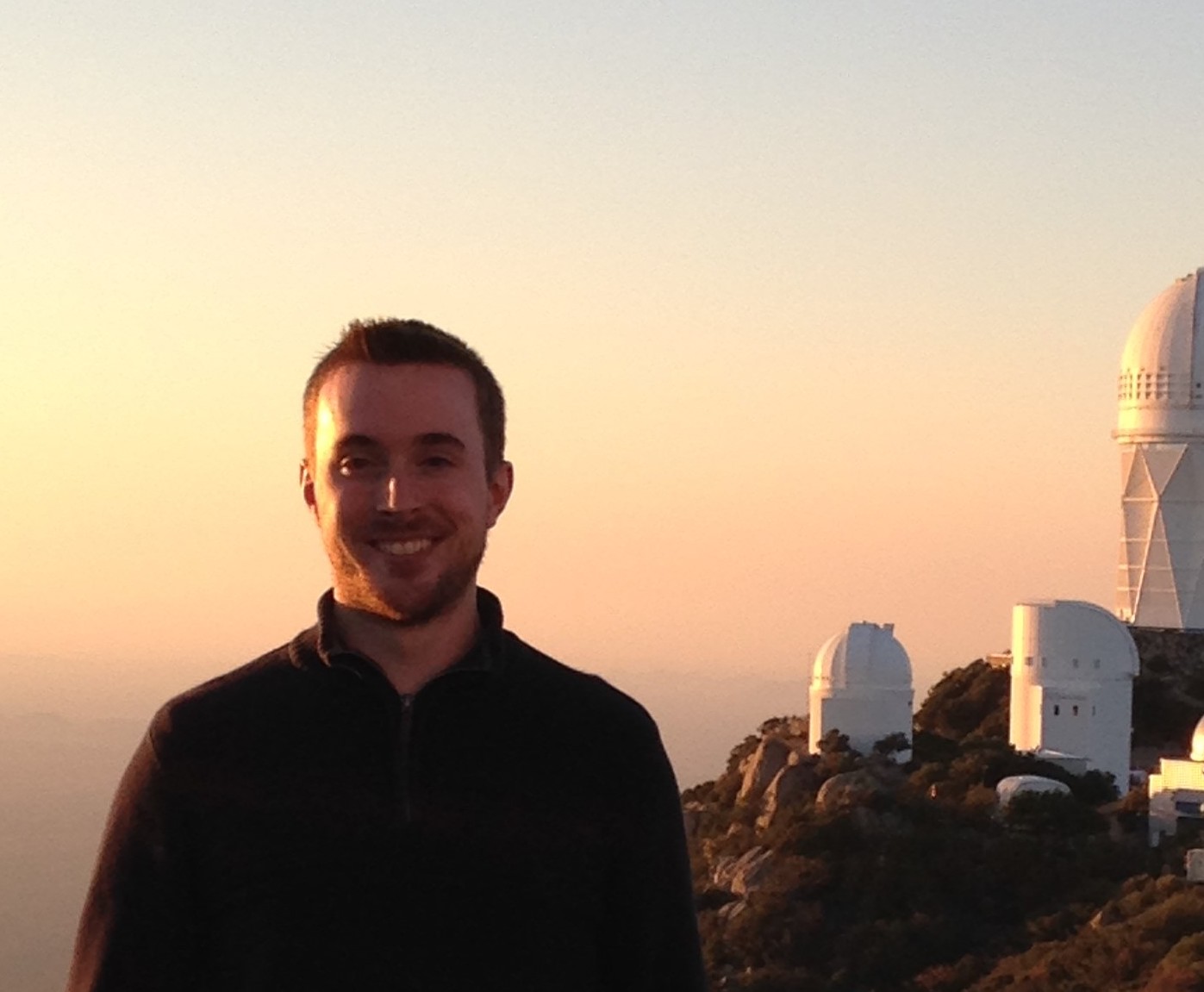
Dr. Zack Maas
Smith Fellow (2020-22) now Visiting Assistant Professor at Indiana University
Dr. Zachary Maas studies the composition of stars as the Harlan J. Smith postdoctoral fellow at UT Austin/McDonald Observatory. He received bachelor degrees in physics and astrophysics from the University of Minnesota and a PhD from Indiana University. He measures stellar abundances to understand how the Milky Way has chemically evolved and how different elements are created in stars.
Former Graduate Students
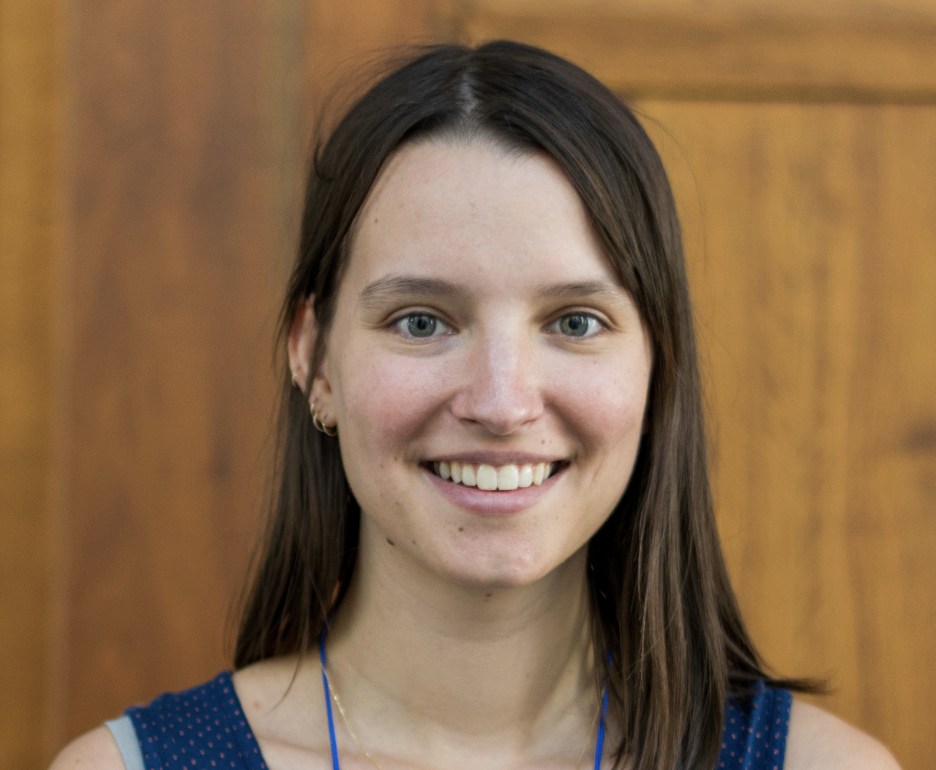
Maddie Lucey
PhD (2023) Now a NSF AAPF Fellow at UPenn
Madeline "Maddie" Lucey was a NSF Graduate Research Fellow in the Galactic Archaeology lab at the University of Texas at Austin. Maddie completed her dissertation research in Galactic archaeology with Prof. Keith Hawkins. Specifically, she has been interested in finding and characterizing the oldest stars in our Galaxy, especially in the central regions. Maddie received my B.A. in Physics (with an emphasis on Astrophysics) from Colorado College in 2018. Maddie's excellent dissertation consisted of 6 first authored papers! Maddie is now a NSF Astronomy and Astrophysics (AAPF) Postdoc Fellow at UPenn working with Robyn Sanderson.
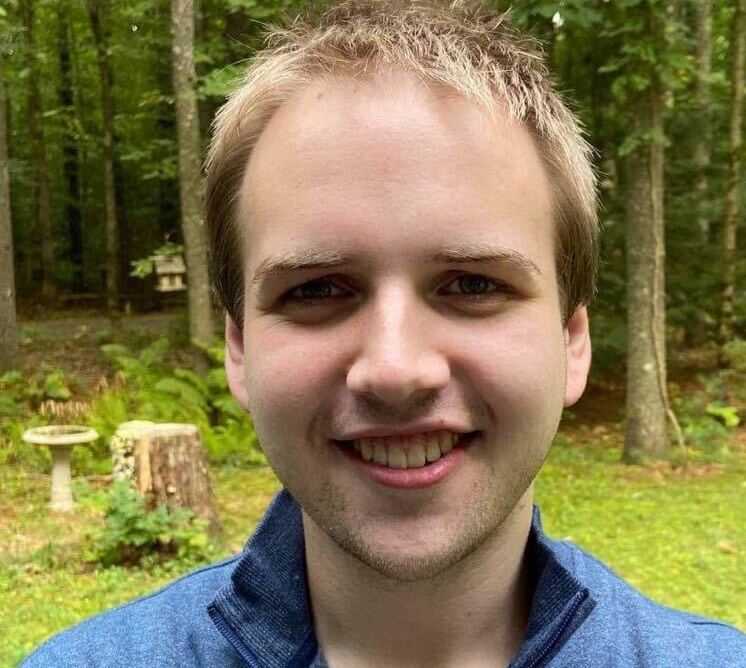
Tyler Nelson
PhD (2023) now visiting Lecturer at the University of Southern Maine
Tyler Nelson completed his PhD in the Galactic Archaeology lab in summer 2023. His thesis topic focused on the detailed chemistry of wide binaries in order to constrain the feasibility of chemical tagging. He also worked towards understanding the origins of hypervelocity stars. Tyler also studied the detailed chemical fingerprint of comets around the solar system. He is now a visiting lecturer in the Dept. of Physics at the University of Southern Maine "
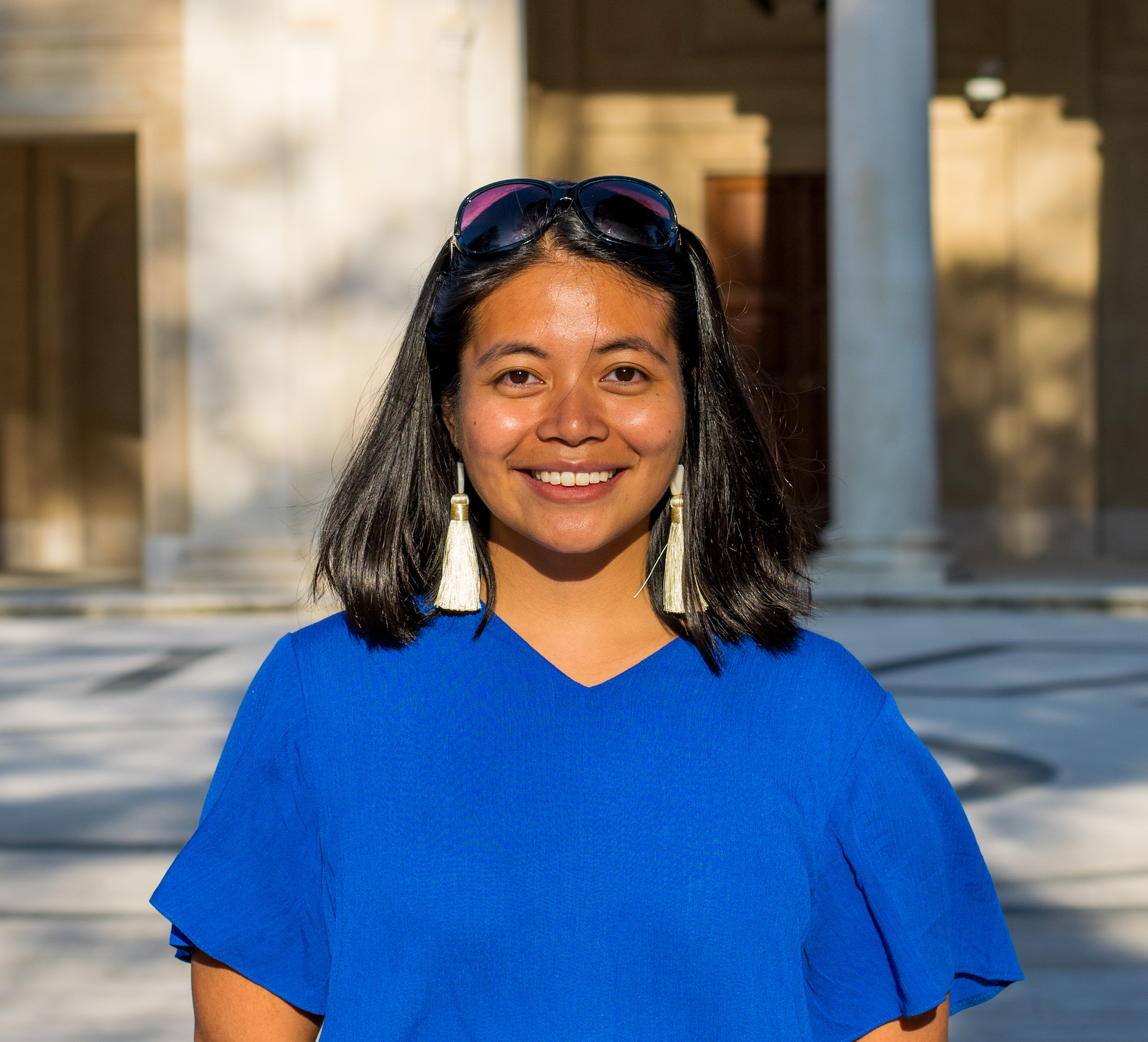
Dreia Carrillo
PhD (2021) now Postdoc at University of Durham
Andreia "Dreia" Carrillo graduated from the Galactic Archaeology lab in 2021. During her time at in the group, she explored the detailed chemistry of Milky Way stars, using large surveys, spectroscopy, and zoom-in simulations. She also studies unresolved stellar populations in nearby galaxies using integral field unit data. She also was a LSSTC Data Science Fellow and was a Simons Foundation CCA Predoc Fellow. Dreia is now a postdoc fellow at Durham in the UK working with Alis Deason"